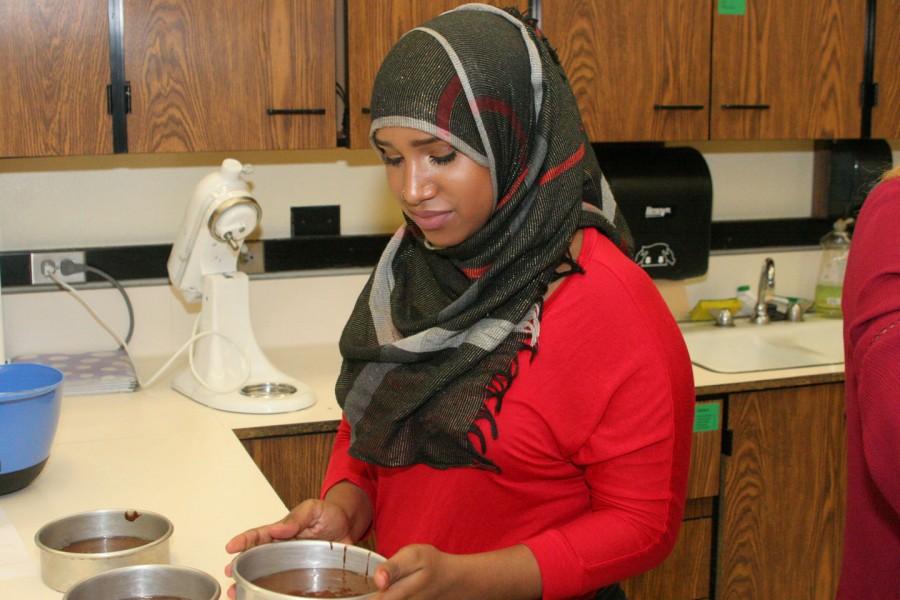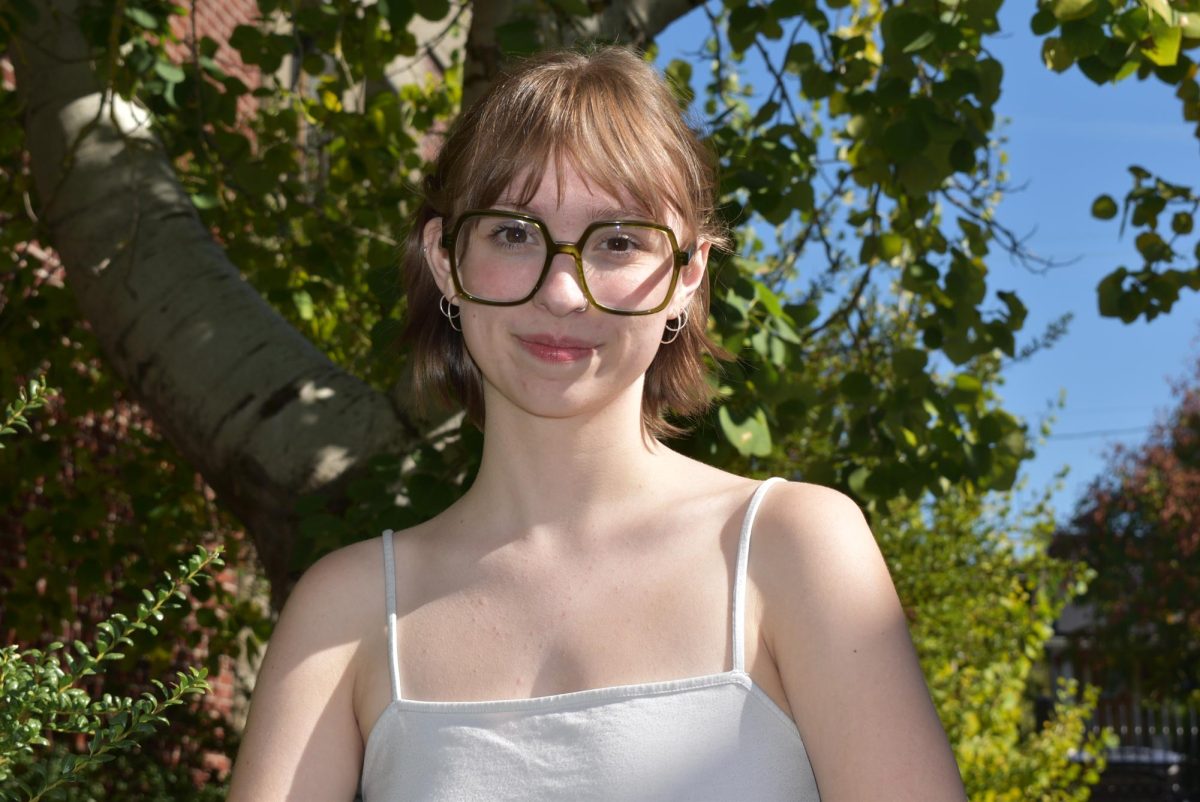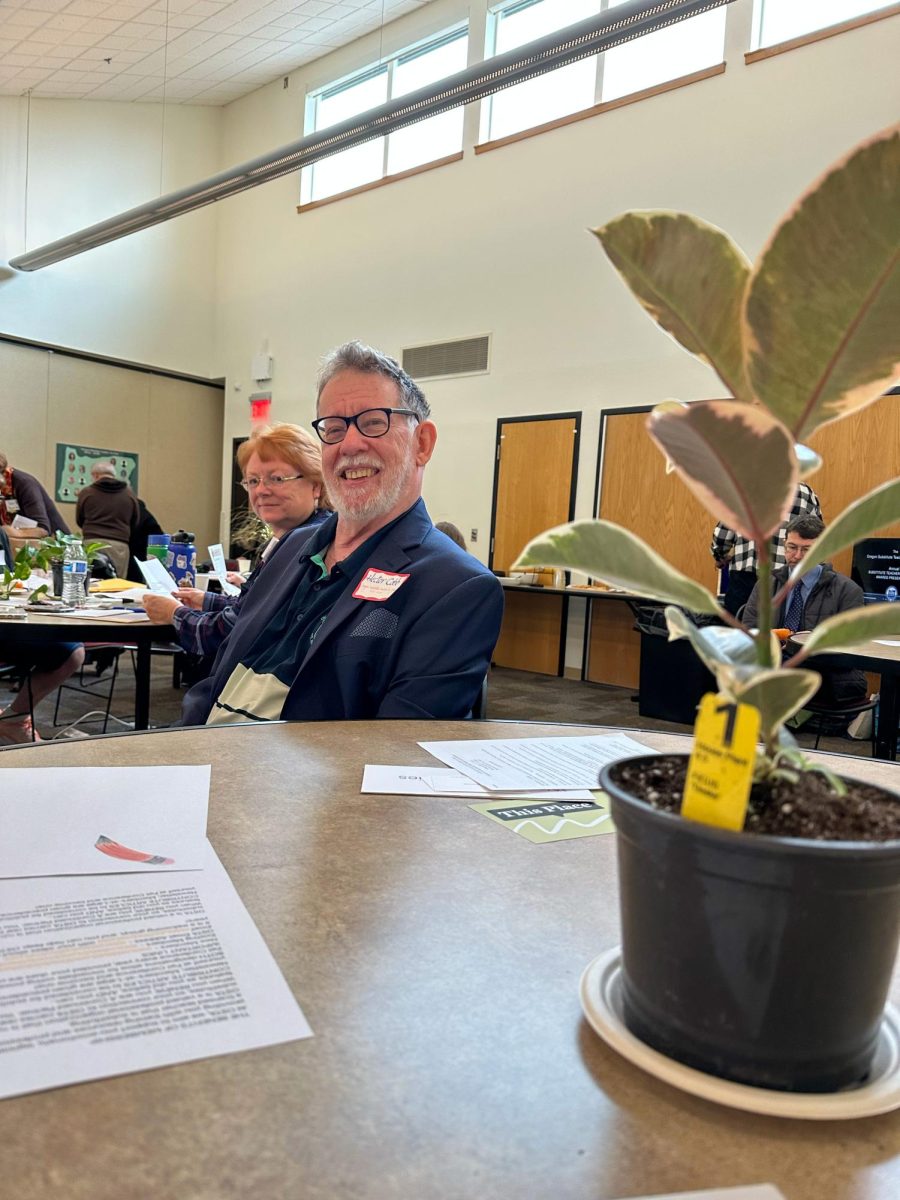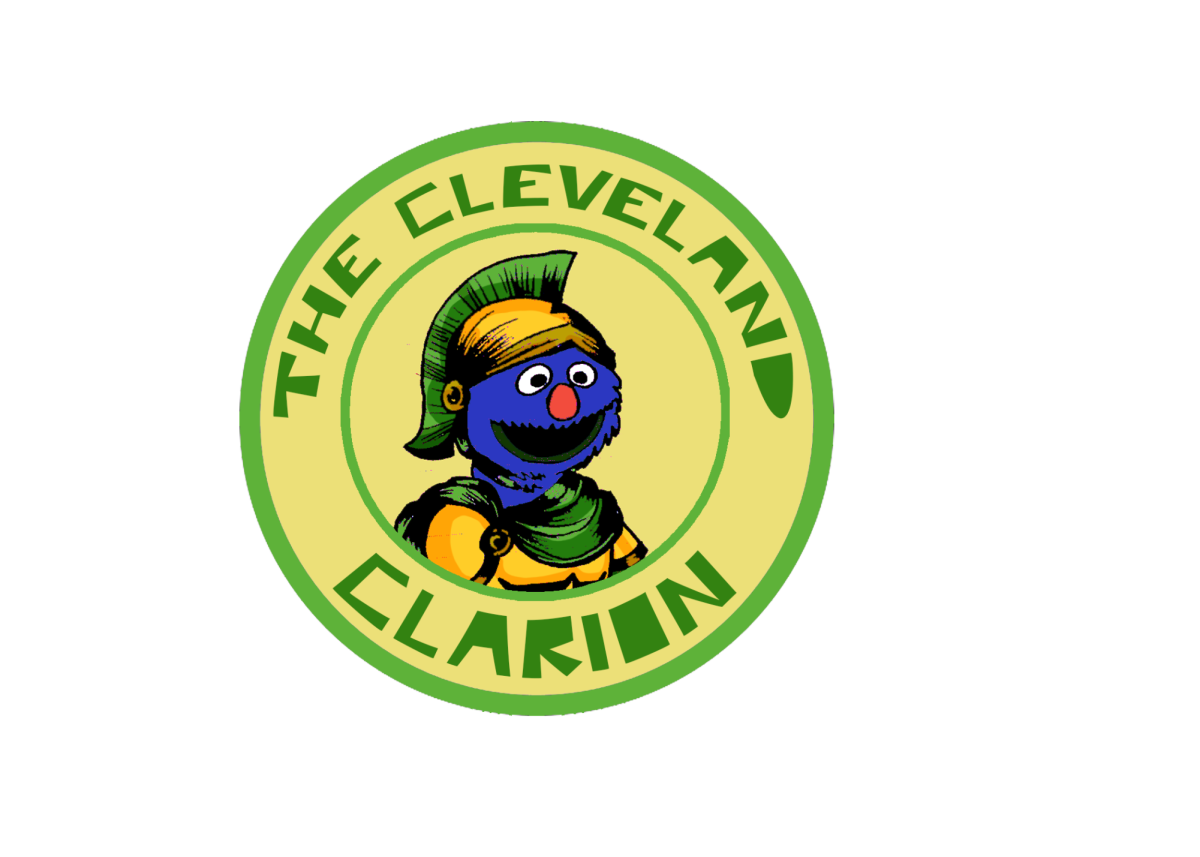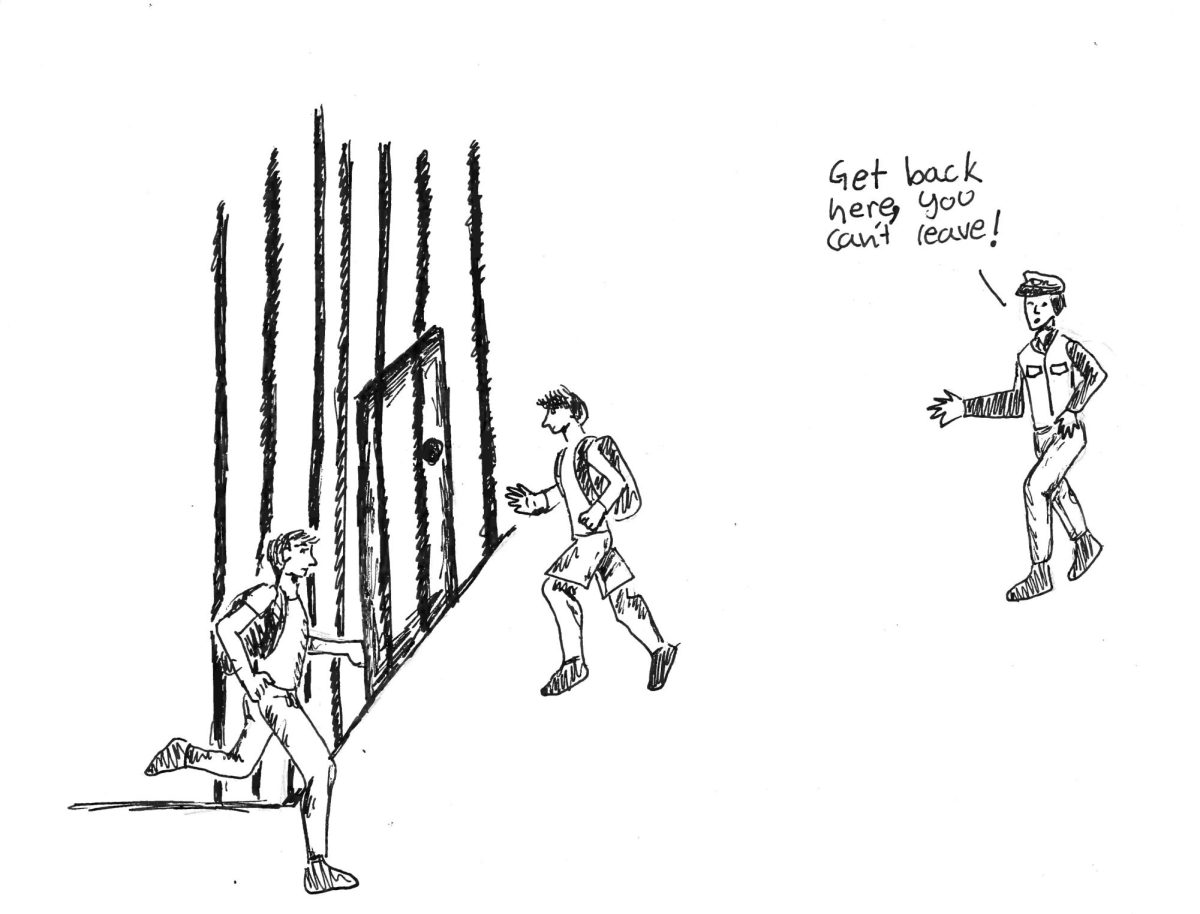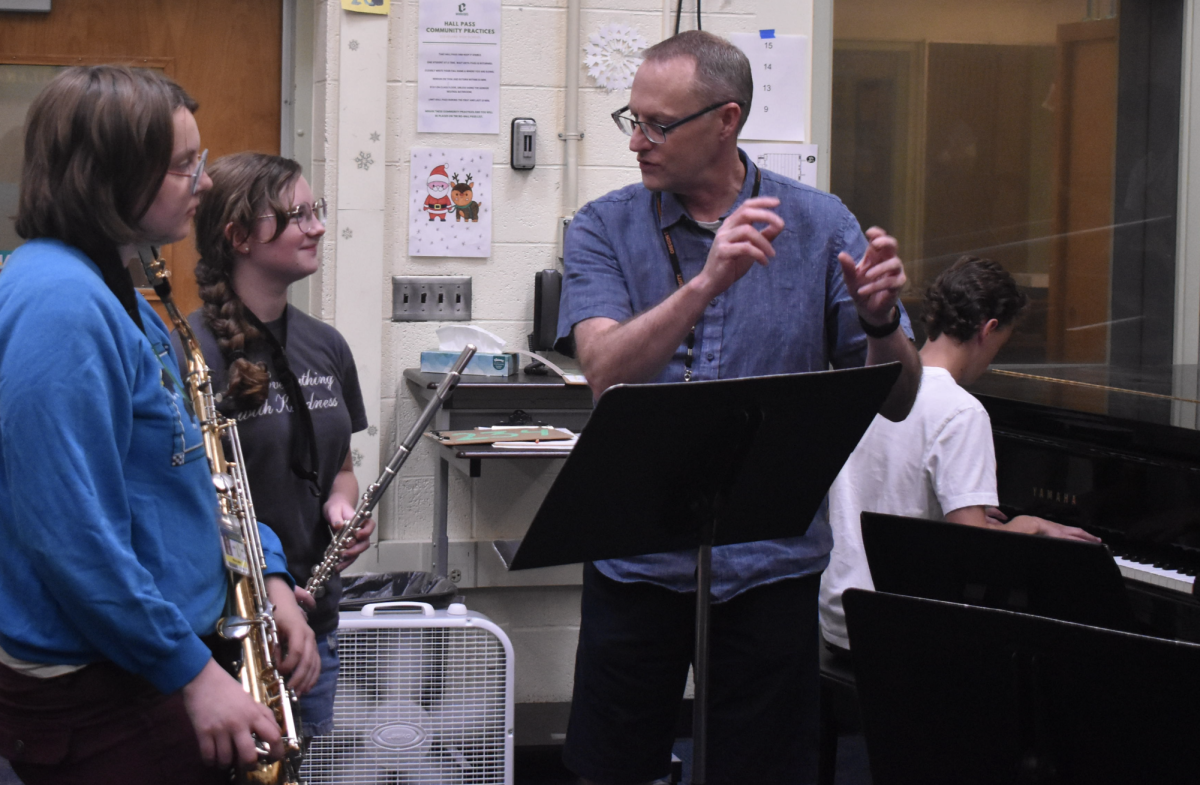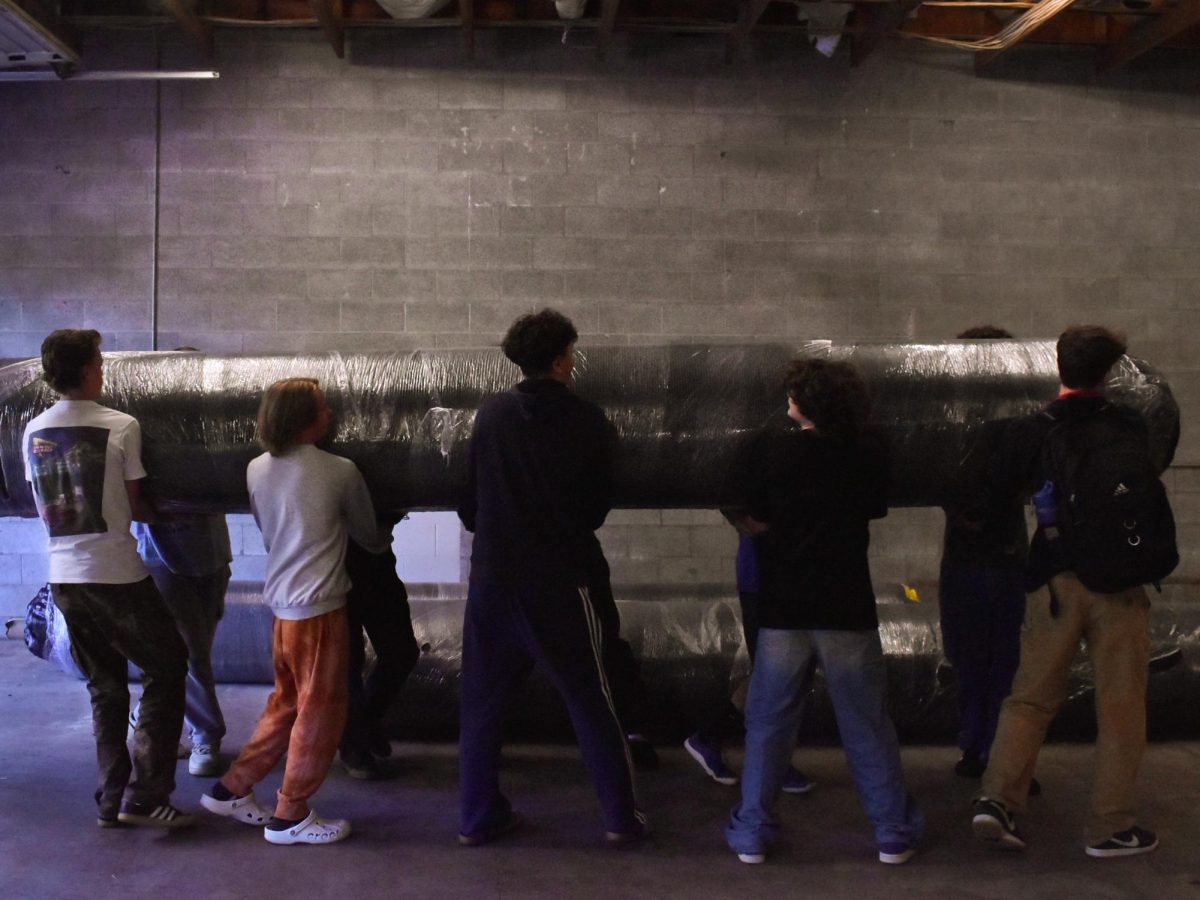Inside look at proposed elective courses for next year
February 19, 2016
Jennifer Wiandt, I.B. coordinator, thinks there are many electives students can take advantage of. “Electives really give students the opportunity to find those pathways and niches. I think that when I observe juniors and seniors, these elective courses really give them the best high school experience.”
Here is an inside look at three proposed classes for next year:
Programming
John Walker, computer programming teacher, proposed more classes for the programming subject. Currently, there is Introduction to Computer Programming and next year he hopes to add Bare Essentials to Game Programming, which is a more extensive course for 2D and 3D game programming. Cleveland may also offer an IB SL Computer Science elective, which is will be considered a general science elective. “It will be more of a traditional science course in terms of exploring open-ended experiments with programming and applying it,” Walker said. “If you’re going into college, this class will help students get ready to be successful in a science or technical environment, including engineering and even medicine. It is an introduction to that whole industry and shows students the hard work it takes to produce something.”
Cooking
Cleveland offers Introduction to Culinary and Advanced Culinary classes. Next year, there may be a Baking and Pastry course. Introduction to Culinary is the prerequisite for the other two classes. Town is in favor of the added class because it gives students more options. “There’s a huge baking industry, especially in Portland. We have some amazing bakeries here and I think there’s an interest in it.” He explained that baking is more technical compared to cooking. “Baking is going to be detail-oriented and focused on precision, while for cooking you kind of adjust as you go. There’s a difference in mentality that will cater to different types of people,” he said.
Woodshop
Next year, there may be an Advanced Woods & Manufacturing class as well as Classic Woodworking. “I hope that the ability to take different classes and have options will allow students to be more creative and learn more about the process of woodworking and developing things like furniture and other more advanced projects, said Brian Barnes, woodshop teacher. He explained that classic woodworking differs from the other classes because it’s more slowed down. “We take out a lot of the heavy duty machinery and we focus on traditional woodworking methods, like using hand tools and very old-school stuff,” he said. “Classical woodworking is basically unplugged; there are only hand tools, wood chisels, hand planes, and things like that.” The advanced woodworking course is going to be a step up for students. Students will complete more complex and in-depth projects, including cabinetry and furniture making.



